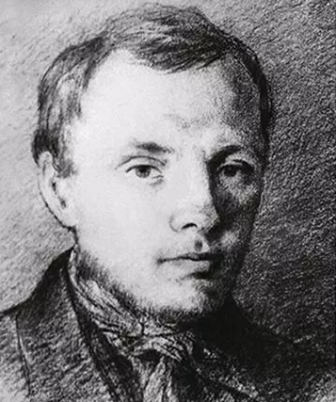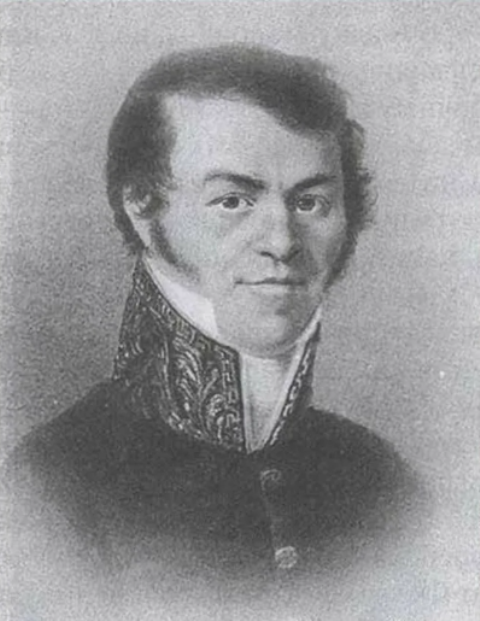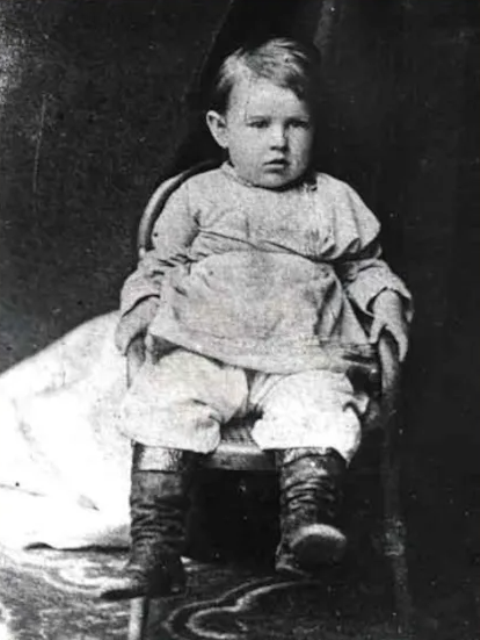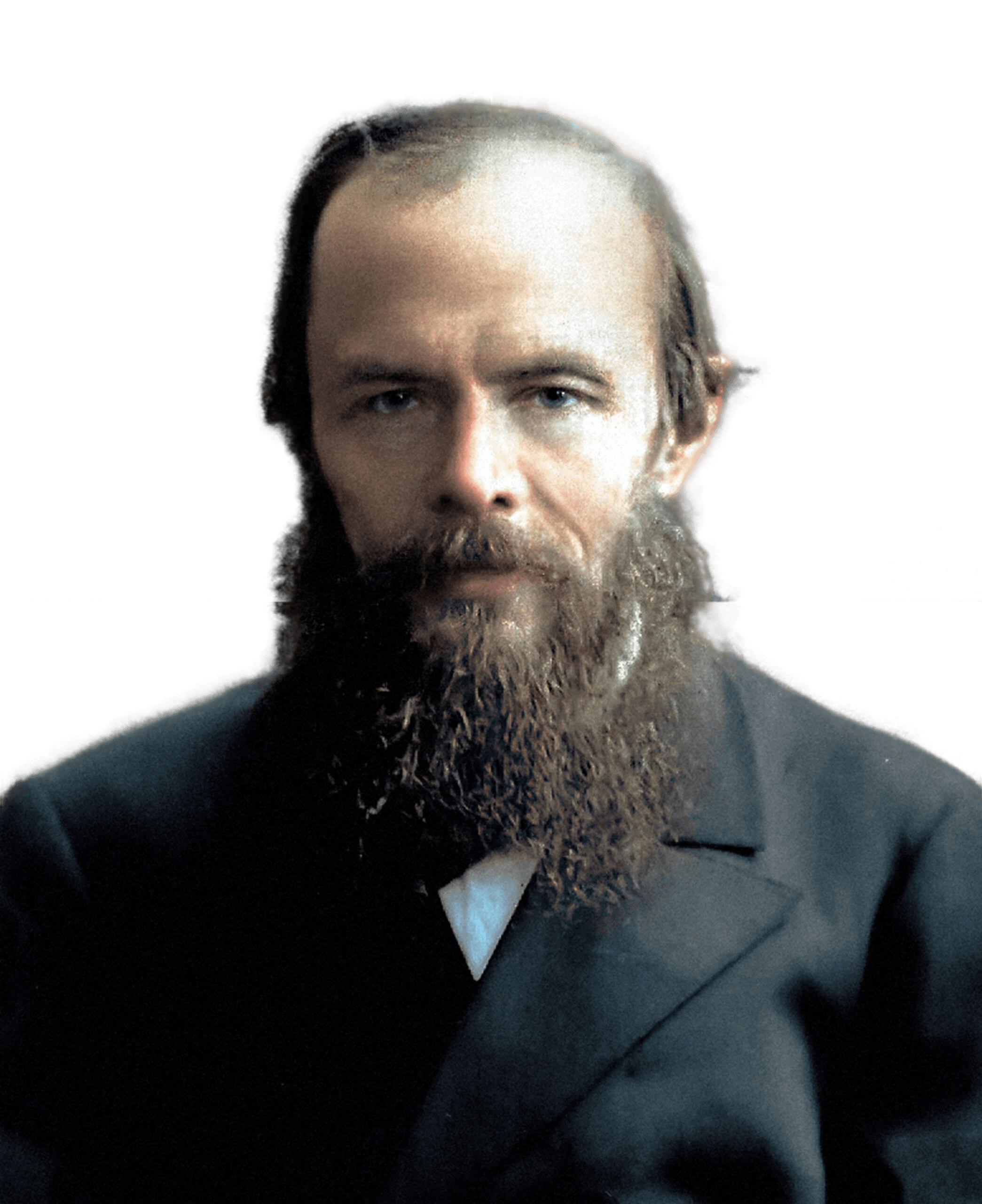
13.01.2023
The first Dostoevsky, about whom there is reliable data, is the writer’s father, Mikhail Andreevich Dostoevsky.
According to the discovered documents, Mikhail Dostoevsky was born in 1789 in the village of Voytovtsy, in 1802 he entered the theological seminary at the Shargorod Nikolaevsky Monastery. In August 1809, Alexander I issued a decree on the appointment of 120 additional people from theological academies and seminaries to the Imperial Medical and Surgical Academy. Mikhail Dostoevsky successfully passed the exams and on October 14, 1809 joined the number of state-funded medical students in the Moscow branch of the Academy. During the Patriotic War of 1812, a student of the 4th grade Dostoevsky was first sent “for the use of the sick and wounded”, and later fought the typhus epidemic. On August 5, 1813, he was promoted as a doctor of the 1st department in the Borodino Infantry Regiment, on August 5, 1816, he was awarded the title of staff doctor.



In April 1818, Mikhail Dostoevsky was transferred as a resident to a military hospital in Moscow, where soon through a colleague he met Maria Nechaeva, the daughter of a merchant of the 3rd guild Fedor Timofeevich Nechaev, who came from the old town of Borovsk, Kaluga province. Nechaev’s trade in the cloth row flourished until the invasion of Napoleon, after which the merchant lost almost all of his fortune. Maria’s older sister, Alexandra, who was married to a rich first-class merchant of the 1st guild, Alexander Kumanin, subsequently took part in the fate of the writer.
On January 14, 1820, Mikhail Dostoevsky and Maria Nechaeva were married in the church of the Moscow Military Hospital. At the end of 1820, after the birth of his first son Mikhail, Dostoevsky retired from military service and from 1821 went to work at the Mariinsky Hospital for the Poor, despite its modest salaries, which, even according to official confessions, “do not reward enough of their labors and do not meet the necessary needs of everyone in the maintenance of themselves and their family.” The main rule of the institution was that “poverty is the first right” to get help in it at any time of the day. Moving to Bozhedomka, the Dostoevskys were already expecting the addition of a family by the end of autumn.




